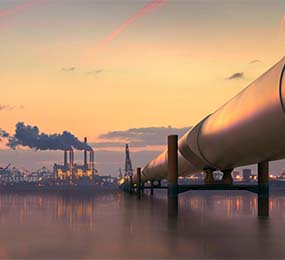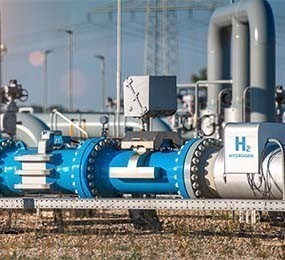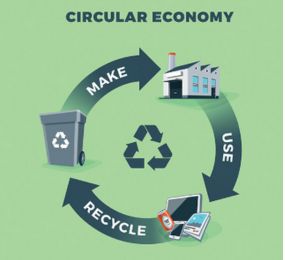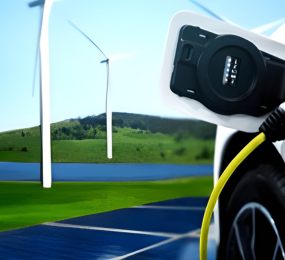In the pursuit of reducing greenhouse gas emissions and combating climate change, the transportation sector is undergoing a significant transformation. E-Fuels, or synthetic fuels produced from renewable energy sources, have emerged as a potential alternative to conventional fossil fuels. However, understanding their environmental sustainability requires a comprehensive assessment through life cycle analysis (LCA).
What is Life Cycle Analysis (LCA)?
Life cycle analysis is a systematic approach to evaluate the environmental impacts of a product or process throughout its entire life cycle, from raw material extraction to disposal. It considers various stages, including production, distribution, use, and end-of-life treatment, to assess environmental performance and identify opportunities for improvement.
Environmental Sustainability of E-Fuels:
E-Fuels are produced through processes such as power-to-gas (PtG) or power-to-liquid (PtL), which involve using renewable energy sources such as wind or solar power to produce hydrogen or synthetic hydrocarbons. These fuels can then be used in existing combustion engines or fuel cells, offering a potential pathway to decarbonize transportation.
Key Factors Influencing Environmental Footprint:
The environmental sustainability of E-Fuels depends on various factors, including the source of renewable energy used in their production, the efficiency of conversion processes, and the emissions associated with raw material extraction and processing. Additionally, the carbon intensity of E-Fuels varies depending on the feedstock and production method, with some sources potentially resulting in higher emissions than others.
Challenges and Opportunities:
While E-Fuels hold promise as a renewable alternative to fossil fuels, they also face challenges related to scalability, cost-effectiveness, and competing land use for renewable energy production. Additionally, the environmental sustainability of E-Fuels is influenced by factors such as the carbon intensity of electricity generation and the availability of renewable energy sources.
Visit our website to know more: https://www.leadventgrp.com/events/world-e-fuel-summit/details
For more information and group participation, contact us: [email protected]
Leadvent Group - Industry Leading Events for Business Leaders!












